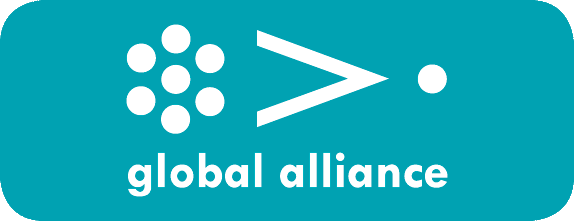Shaping the Future: Ethics, AI, and Leadership in Responsible Communication
Dear Global Communications Community,
As February turns to March, it is time to wrap up the learnings and insights from the Responsible Communications – Ethics First 2025 activities.
This month, we have discussed the growing role of communications leaders and the new leadership responsibilities that we are expected to embrace. What is the role of communication leaders in questions related to sustainability, the environment, and broader social issues? How can we help our societies strive for democracy, stability, and enhance trust? In the discussions it was highlighted that the enhanced Chief Communication Officer role with the new expectations is there for us to take; it will require curiosity for learning new things, willingness to work close to business and decision makers to gain deeper understanding of the business. We must also advance our leadership and consultancy skills to solidify our role as true strategic business partners.
Another crucial topic causing ethical dilemmas today is the rise of Generative AI. This technology is transforming our communication landscape, redefining how messages are crafted, delivered, and received. As communication professionals, we are not just facilitators of dialogue but stewards of ethical influence in a rapidly evolving AI-driven world. We all should be very conscious of this role – and the responsibilities with it.
We invite you to participate in a survey on Responsible AI. This survey aims to further enhance our understanding of AI's impact on the Public Relations and Communication field – and help us to design and share guidelines and practices for communication professionals – you can access the survey here.
Just as AI can be used to create fake news and misinformation – social media platforms hold significant power to shape public opinion. In the webinar about the Responsibilities of social media platforms it was emphasized that in order to create trust in social media, we as communication leaders need to: 1) understand and know how our stakeholders are present in the social media, 2) always stick to verified facts, open and honest communication also when all facts are not clear or known to us, 3) be brave enough to leave the platform if its values are no longer matching the values of your organization – and 4) use our power and influence to show our organizations what ethical communication in social media means – and what is doesn’t mean.
To navigate these ethical dilemmas and to advocate responsible communication we also discussed the ongoing development of an Ethical Compass for communication professionals. The session revealed how such a framework guides practitioners in navigating complex ethical dilemmas and enhancing trust in their work.
In conclusion, in today’s rapidly transforming global landscape, with increasing polarization and a complex geopolitical environment, ethical and responsible communication is key to building trust. The responsibilities of professional communicators, our spheres of influence, are broader than ever! Let us all use it well – ethics is simply about doing the right things!
You can find the recordings of all Responsible Communication – Ethics First -webinars together with blogs about cyber security and environmental claims and the bottom of the page here: Responsible Communication Ethics First Month — Global Alliance.
Yours,
Kia Haring
Responsible Communication - Ethics First Chair
Global Alliance for Public Relations and Communications Management

